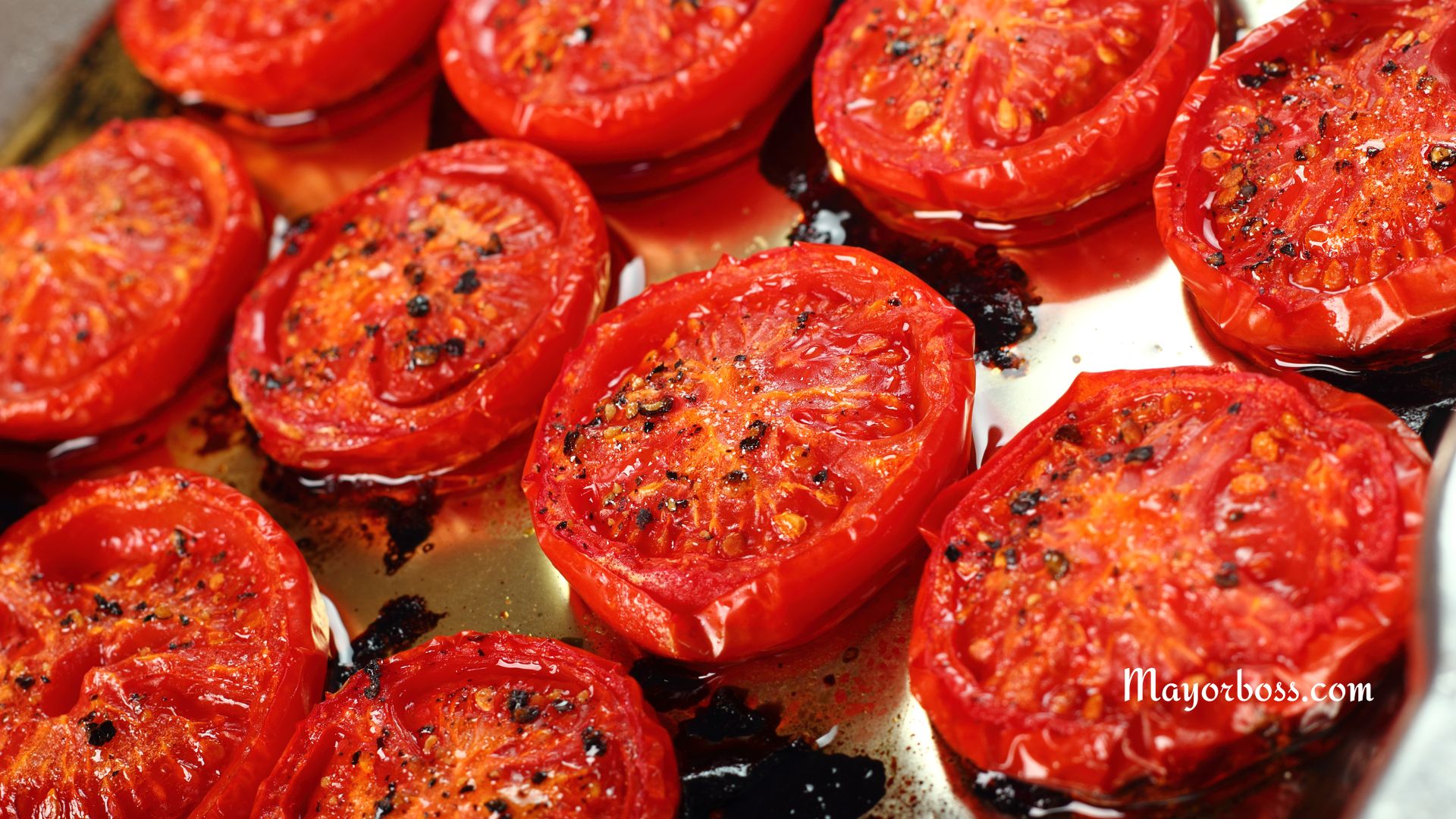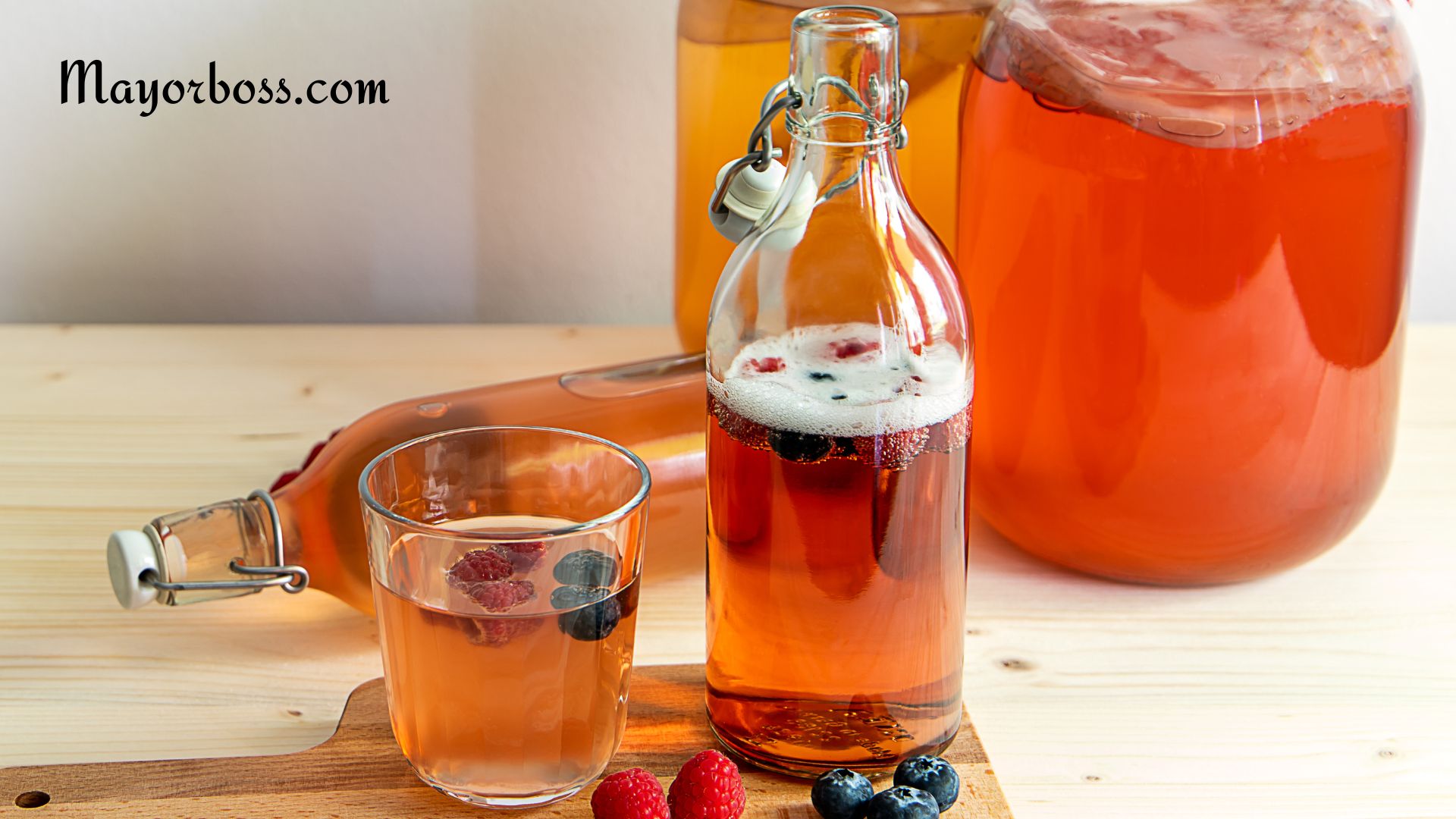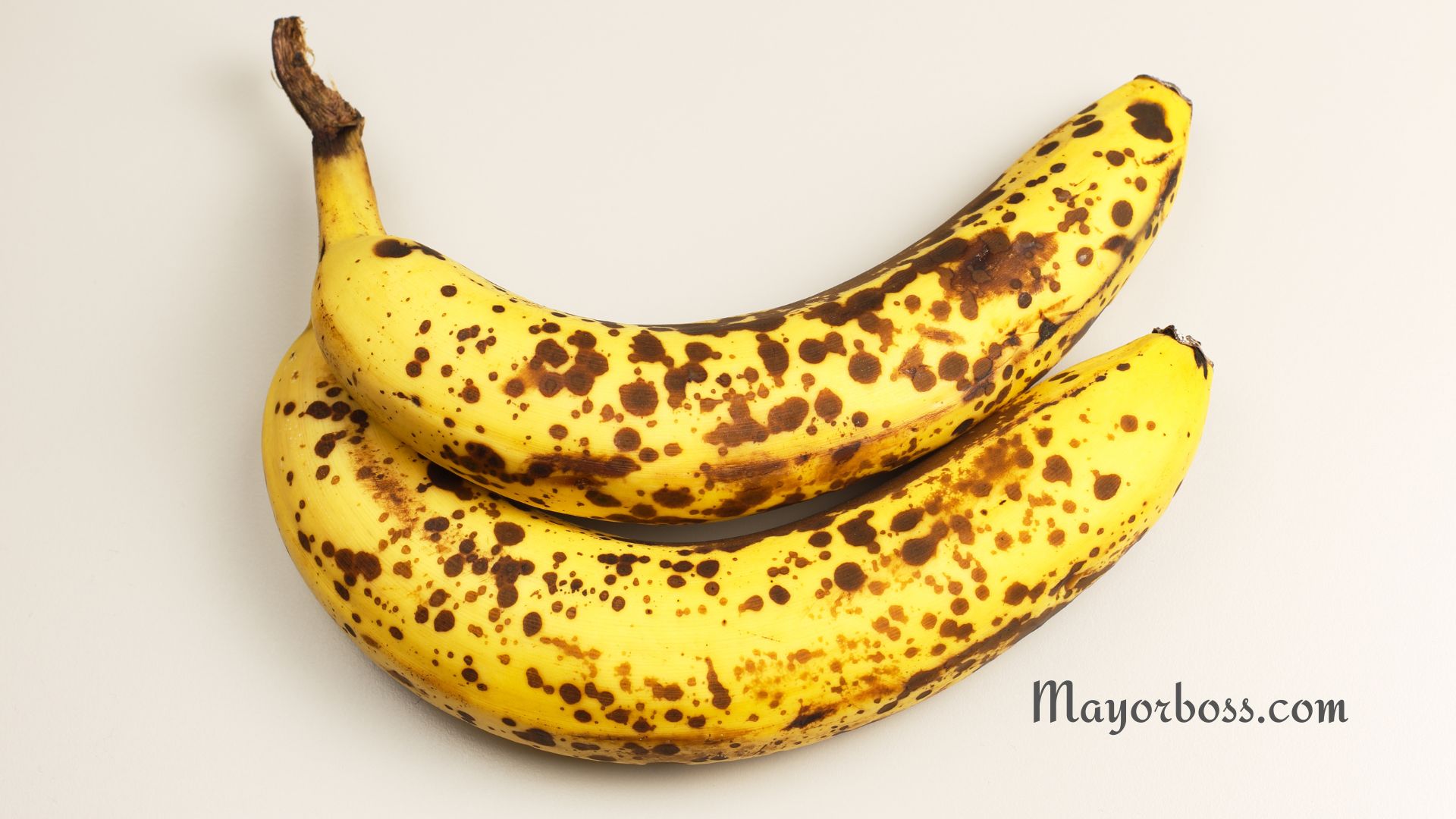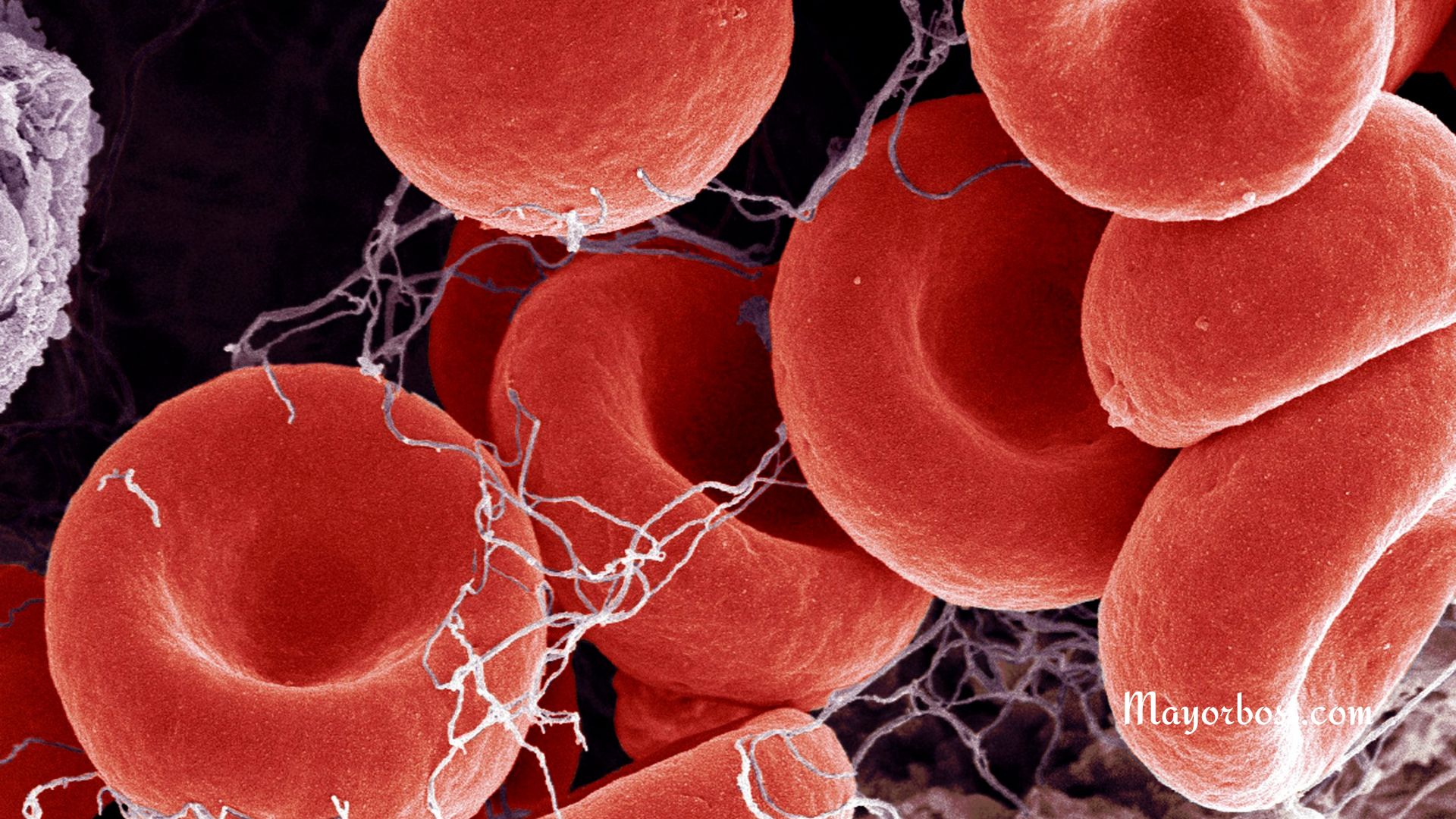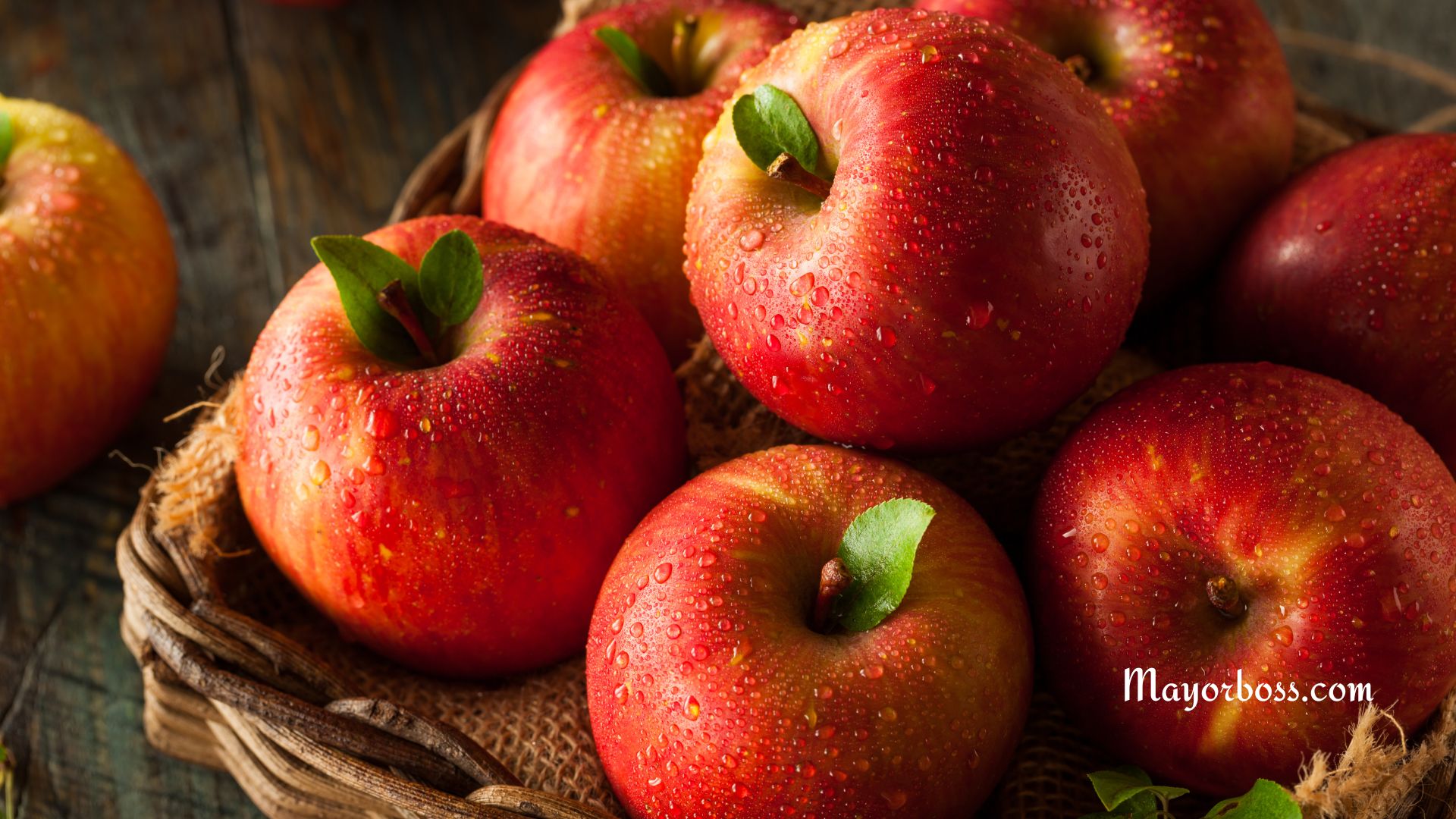Say No to Bloating: 10 Foods to Avoid That Cause Gas and Indigestion
Over the years, I’ve spoken to countless individuals troubled by constant bloating and indigestion. It’s a surprisingly common issue that can take a toll on your overall well-being. Today, I’m here to share my insights on some of the key culprits – yes, certain foods – that might be causing your discomfort.
Before we dive in, I want you to understand that everyone’s body responds differently to various foods. What may cause bloating for one person may not have the same effect on another. It’s all about knowing and understanding your body and its unique needs.
The Impact of Diet on Digestion
What we eat has a profound impact on our digestive system. From the moment you take that first bite, your body starts the intricate process of breaking down food into nutrients. However, not all foods play nice with our digestive system. Certain foods are notorious for causing gas, bloating, and indigestion. How do they do it, you ask?
Some foods contain complex carbohydrates that our bodies struggle to break down, leading to fermentation in the gut. This process produces gas, causing discomfort and bloating. Others may stimulate acid production, leading to indigestion.
Top 10 Culprits of Gas and Indigestion
Now that you understand the relationship between food and digestive discomfort, let’s get into the details. Here are the top 10 foods notorious for causing gas and indigestion:
- Beans: Known as the “musical fruit” for a reason, beans contain a sugar called oligosaccharides, which is hard for our bodies to break down and can cause gas.
- Onions: Surprised? Onions contain fructose, a natural sugar that can ferment in your gut, causing gas and bloating.
- Dairy Products: If you’re lactose intolerant, milk and other dairy products can lead to significant digestive discomfort.
- Broccoli, Cabbage, and Other Cruciferous Vegetables: While packed with nutrients, these veggies also contain raffinose, a complex sugar that can cause bloating and gas.
- Fried Foods: High in fat, fried foods can delay stomach emptying, which can potentially cause discomfort and bloating.
- Carbonated Drinks: The fizz in your favorite soda can end up causing you to feel bloated.
- Chewing Gum: While it might seem harmless, chewing gum can lead you to swallow air, which can lead to bloating and gas.
- Alcohol: Not only can alcohol irritate your stomach lining, but it can also increase acid production, leading to indigestion.
- Processed Foods: High in sodium, processed foods can cause fluid retention, leading to bloating.
- Spicy Foods: While they can add a kick to your meals, spicy foods can also stimulate acid production, causing indigestion.
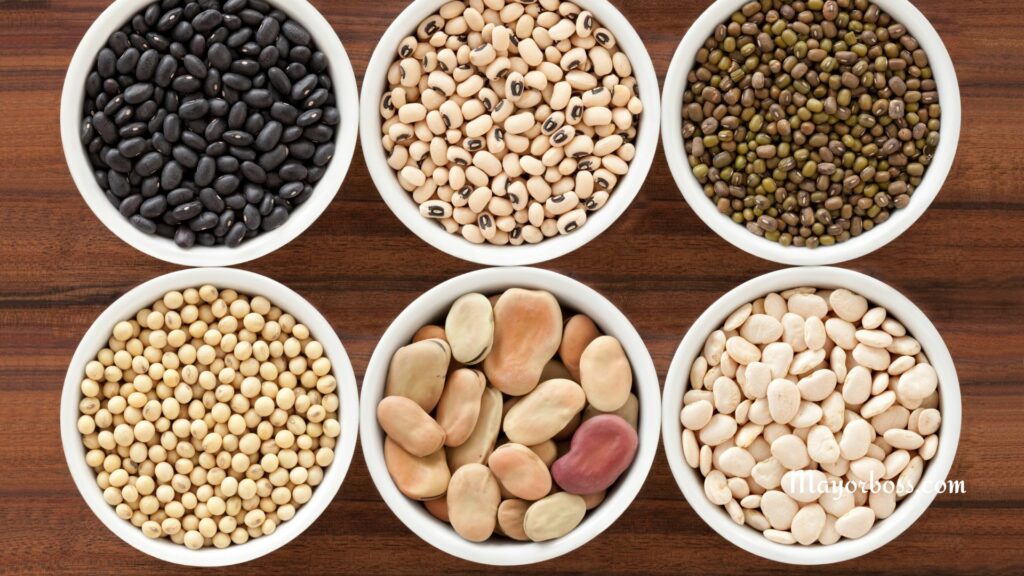
Be Mindful, Not Fearful
However, remember, this list doesn’t mean you need to completely eliminate these foods from your diet. Instead, it’s about being mindful. Everyone is unique, and what causes indigestion or bloating in one person might not be in another. Keep track of what you eat and how it makes you feel. This will help you identify the culprits that don’t agree with your digestive system.
Find Your Balance
In conclusion, understanding your body and the impact certain foods have on your digestive system is a good way to improve your health. Balance is key. Be observant, experiment with what works best for you, and don’t forget to consult with a healthcare professional if your symptoms persist.
I hope this article was insightful and will guide you to make mindful dietary choices. Remember, food should not only taste good but also make you feel good!
Further Reading: Stinky Gas: 7 Causes and What to Do

